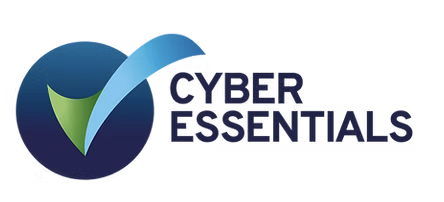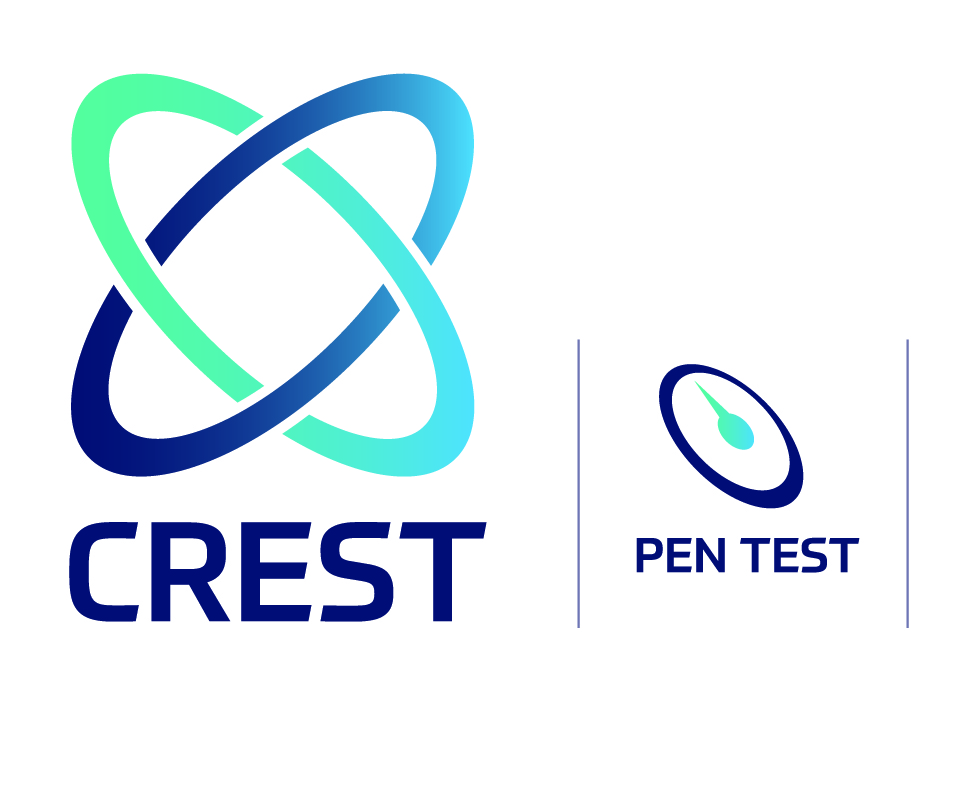PCI compliance refers to the Payment Card Industry Data Security Standard (PCI DSS), a set of security standards designed to ensure that all companies that accept, process, store, or transmit credit card information maintain a secure environment. The PCI DSS was developed by the Payment Card Industry Security Standards Council (PCI SSC), a group of major payment card brands (Visa, Mastercard, American Express, etc.) to protect against data breaches and protect the sensitive financial information of consumers.
Complying with the PCI DSS is mandatory for any organisation that accepts credit card payments. Non-compliance can result in fines, legal action, and damage to the organisation’s reputation.
To achieve PCI compliance, organisations must meet a set of requirements that fall into six categories:
- Build and maintain a secure network: This includes installing and maintaining firewalls, using secure protocols for transmitting sensitive data, and regularly testing and updating security systems.
- Protect cardholder data: This includes securely storing, processing, and transmitting credit card information, and protecting it against unauthorised access.
- Maintain a vulnerability management program: This involves regularly identifying and addressing vulnerabilities in the organisation’s systems and applications.
- Implement strong access control measures: This includes establishing and maintaining secure login procedures, restricting access to sensitive data, and regularly monitoring and reviewing access logs.
- Regularly monitor and test networks: This involves regularly testing and monitoring networks for vulnerabilities and suspicious activity, and implementing processes to ensure the security of sensitive data.
- Maintain an information security policy: This involves having a documented security policy that outlines the organisation’s approach to protecting sensitive data and ensuring PCI compliance.
By following these requirements, organisations can ensure that they are in compliance with the PCI DSS and protect the sensitive financial information of their customers. Regularly reviewing and updating their security measures can also help organisations stay ahead of emerging threats and maintain compliance over time.











